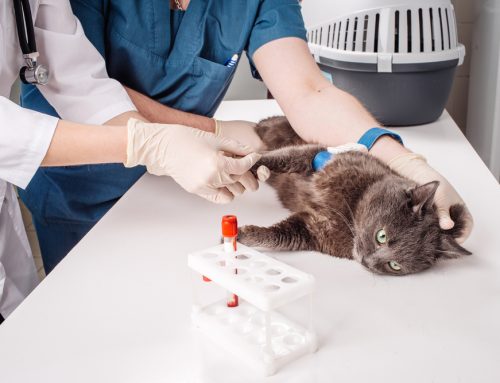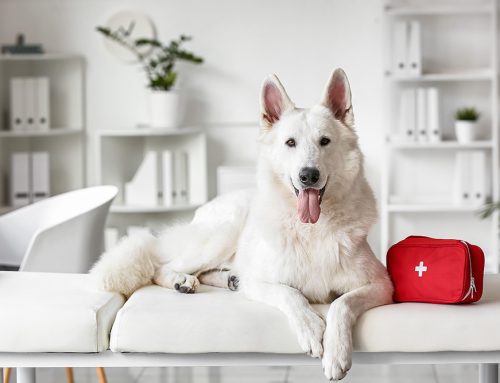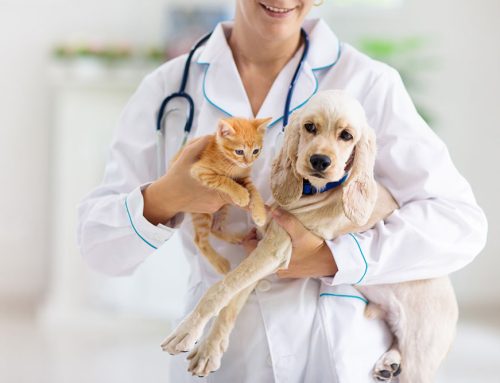Understanding the Role of a Licensed Veterinary Technician in Veterinary Care
At Central Kentucky Veterinary Center in Georgetown, KY, we pride ourselves on offering comprehensive and compassionate care for your pets. A significant part of this service comes from our dedicated Licensed Veterinary Technicians (LVTs), who play an indispensable role in veterinary medicine. But what exactly is a Licensed Veterinary Technician, and why is their expertise so critical to your pet’s well-being?
What is a Licensed Veterinary Technician?
Licensed Veterinary Technicians are highly trained professionals who support veterinarians in delivering quality medical care to pets. LVTs have undergone rigorous medical education and licensing processes that enable them to perform advanced diagnostic and medical procedures and assist in surgeries.
LVTs typically complete a two-year veterinary technology program accredited by the American Veterinary Medical Association (AVMA) and must pass a national licensing exam. This training equips them to take on a variety of responsibilities that contribute significantly to both routine and emergency veterinary care.
Key Responsibilities of a Licensed Veterinary Technician
LVTs are involved in almost every aspect of pet care, from diagnostic tests to post-surgical recovery. Their skill set allows them to perform tasks that directly impact the health outcomes of your pet. Here are some of the primary duties they handle:
- Administering Anesthesia and Pain Management: During procedures such as spaying, neutering, or advanced surgeries like laparoscopic procedures, LVTs are responsible for administering and monitoring anesthesia. Ensuring the correct medication dosage and responding to a pet’s response is critical to your pet’s safety during any procedure.
- Assisting with Diagnostic Testing: LVTs are trained to run blood work, collect samples, and help with advanced diagnostic imaging, such as Computed Tomography (CT). This helps veterinarians diagnose conditions quickly and accurately.
- Monitoring Recovery: After surgeries or treatments, LVTs play a crucial role in monitoring pets during recovery. For instance, after stem cell therapy procedures, LVTs provide post-operative care and ensure the pet is comfortable.
- Supporting Rehabilitation: Pets undergoing canine rehabilitation after surgery or injury often receive support from LVTs. They assist with rehabilitation exercises and ensure pets are progressing through their recovery.
- Client Education: LVTs often serve as the bridge between the veterinarian and pet owner, explaining procedures, recovery protocols, and medication instructions in a clear and approachable manner. They ensure you fully understand your pet’s care plan, whether it’s managing post-surgical care or navigating ongoing treatments like stem cell therapy.
- Handling Emergencies: LVTs are trained to respond to emergencies. In critical situations, such as those handled by our emergency services, they assist in stabilizing pets, administering immediate care, and providing critical support to the veterinarians.
Why Certification Matters
Licensed Veterinary Technicians must meet strict educational and licensing standards to practice, ensuring they possess the necessary medical knowledge and technical skills to assist veterinarians effectively. Certification ensures that these professionals are held to a high standard of care, which is essential when your pet’s health is at stake.
At Central Kentucky Veterinary Center, our LVTs are critical members of our team. They undergo continuous education and training, keeping up with the latest advancements in veterinary medicine. This dedication ensures that the care your pet receives is both compassionate and cutting-edge.
The Impact of LVTs on Your Pet’s Care
Licensed Veterinary Technicians play a key role in enhancing the quality of veterinary care in several ways. They contribute to more efficient diagnoses, quicker treatment, and better overall outcomes for pets. Here are some specific ways they impact care:
- Improved Safety During Procedures: Anesthesia administration and monitoring are complex tasks that require a high level of expertise. LVTs ensure that pets are safe and comfortable during both minor and major surgical procedures.
- Faster, More Accurate Diagnoses: Because LVTs are trained in diagnostic procedures, they can assist veterinarians in quickly identifying health issues. Whether it’s performing routine blood work or assisting with advanced imaging techniques, LVTs ensure that test results are accurate and timely.
- Comprehensive Care: LVTs handle much of the routine monitoring and care required after procedures, meaning veterinarians can focus on diagnosing and treating other pets. This comprehensive teamwork approach improves overall care efficiency in veterinary practices.
Why LVTs Matter at Central Kentucky Veterinary Center
At Central Kentucky Veterinary Center, we recognize the value of our Licensed Veterinary Technicians in providing excellent care to our patients. Whether your pet is here for a routine check-up, an emergency visit, or undergoing specialized treatments like acupuncture, our LVTs ensure your pet receives compassionate, expert care at every step.
As a pet owner, it’s important to understand that the person monitoring your pet’s anesthesia, running their diagnostic tests, or assisting with post-surgical recovery is highly trained and licensed. LVTs not only support veterinarians but also make the clinic more efficient, ensuring your pet’s health is always the top priority.







Leave A Comment